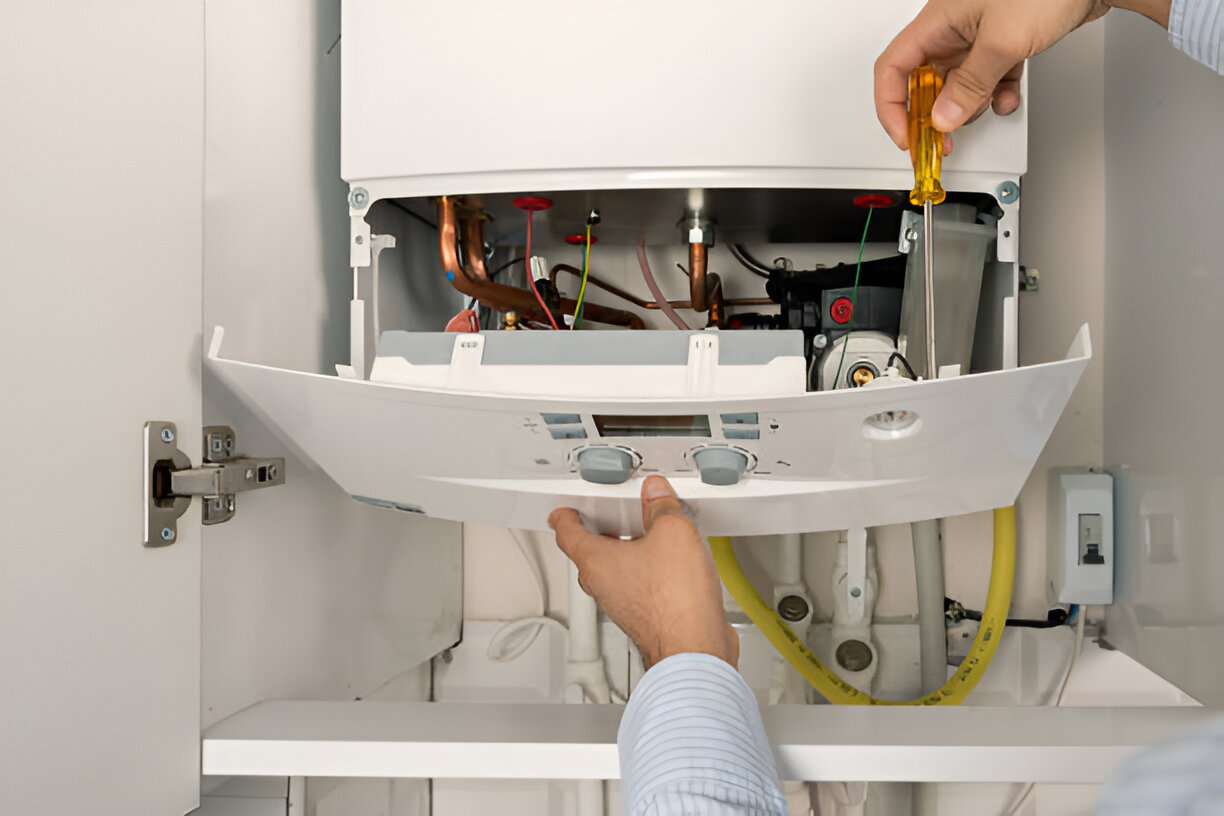
Heating Maintenance in Delta, PA
Keeping your home warm and safe through Delta’s cold, damp winters starts with reliable heating maintenance. Regular tune-ups for furnaces, boilers, and heat pumps reduce surprise breakdowns, improve comfort, and protect equipment warranties. For Delta, PA homeowners—many of whom live in older properties with a mix of gas, propane, oil, and heat pump systems—seasonal maintenance is essential to preserve efficiency during long heating months and to avoid costly emergency repairs when temperatures drop.
Why scheduled heating maintenance matters in Delta, PA
- Cold winters and fluctuating temperatures place heavy demand on heating systems for extended periods.
- Older homes in the area often have legacy boilers or furnaces that require careful inspection to remain safe and efficient.
- Humidity and seasonal temperature swings can accelerate component wear and lead to corroded components, clogged vents, or reduced system performance.
- Regular maintenance reduces operating costs, improves indoor comfort, and helps ensure systems meet manufacturer warranty requirements.
Common heating problems Delta homeowners see
- Inconsistent temperatures, short cycling, or poor heat distribution
- Rising energy bills despite unchanged thermostat settings
- Strange noises (clanking, banging, or continuous clicking)
- Pilot outages, ignition failure, or frequent burner cycling in furnaces and boilers
- Heat pump frosting, reduced heating capacity, or excessive defrost cycles
- Leaking, low pressure, or noisy radiators/zone valves in boiler systems
- Dirty air filters and restricted airflow causing reduced efficiency and increased wear
What a comprehensive heating maintenance visit includes
A professional maintenance visit is a methodical inspection, cleaning, and adjustment process tailored to the specific type of heating equipment.
Furnace maintenance (gas, propane, oil)
- Visual safety inspection for corrosion, venting, and flue integrity
- Burner and ignition system cleaning and test (pilot, electronic ignitor)
- Heat exchanger inspection for cracks or signs of failure
- Combustion analysis and CO check when applicable
- Blower motor and belt inspection, lubrication if needed
- Air filter check and replacement recommendations
- Thermostat calibration and electrical connection checks
Boiler maintenance (hot water and steam)
- Pressure and expansion tank check; system charging if needed
- Burner and combustion chamber cleaning
- Inspection of pumps, zone valves, and piping for leaks or corrosion
- Flue and vent inspection for blockages or deterioration
- Water quality assessment and recommendations for treatment to prevent scale or corrosion
- Safety control tests and gas pressure checks where applicable
Heat pump maintenance (air-source and hybrid systems)
- Refrigerant level check and manual visual inspection for leaks
- Condenser and evaporator coil cleaning; clearing debris from outdoor unit
- Defrost cycle and reversing valve performance verification
- Electrical and contactor inspection; capacitor testing
- Airflow and filter inspection; indoor coil check
- Performance test in heating mode to confirm capacity and efficiency
Diagnostic process — what technicians look for and why it matters
Technicians follow a systematic process: safety first, then performance, then optimization. They start with safety checks (carbon monoxide, combustion integrity, venting) before moving to mechanical and electrical checks. Measuring temperature differentials, gas pressure, refrigerant levels, and airflow helps identify inefficiencies early. This approach not only fixes existing issues but also identifies components nearing end of life so you can plan replacements on your terms instead of during an emergency.
Typical repairs and solutions uncovered during maintenance
- Replacing dirty or failing filters and cleaning restricted coils to restore airflow and efficiency
- Adjusting or replacing thermostats and control sensors to stop short cycling and improve comfort
- Repairing or replacing ignitors, flame sensors, or burners to restore reliable ignition
- Repairing small refrigerant leaks or tightening electrical connections on heat pumps
- Flushing or balancing boiler systems and replacing faulty zone valves or circulator pumps
- Replacing worn belts, bearings, or capacitors to prevent motor failure
How maintenance improves efficiency, safety, and equipment life
- Efficiency: Clean burners and coils, correct refrigerant charge, and proper airflow lower energy use and reduce utility costs.
- Safety: Regular checks catch cracked heat exchangers, blocked vents, or CO risks before they become hazards.
- Reliability: Routine attention prevents many mid-winter breakdowns and reduces emergency repair frequency.
- Equipment life: Proper lubrication, cleaning, and early repairs extend component life and delay costly replacements.
- Warranty compliance: Many manufacturers require documented annual maintenance to keep warranties valid; professional maintenance provides the necessary records.
Maintenance plans and typical perks (what to expect)
Ongoing maintenance plans make seasonal service predictable and beneficial. Common features homeowners find valuable:
- Scheduled visits timed for peak seasons (fall furnace/boiler tune-up; pre-winter heat pump inspection)
- Priority scheduling during high-demand periods
- Filter replacement or reminders included with service visits
- Written inspection reports listing findings and recommended next steps
- Discounts on repairs or replacement equipment for plan members
- Recordkeeping to satisfy manufacturer warranty requirements
Plans are generally structured around frequency (annual for boilers and some heat pumps, semi-annual for forced-air systems and heat pump dual-season care) and include tiered benefits for households that want extra protection or added perks.
Best timing and scheduling tips for Delta residents
- Schedule furnace and boiler maintenance in early fall before sustained cold weather—this avoids peak-season delays and ensures reliable heat when needed.
- Heat pump systems benefit from a fall check and a spring follow-up to prepare for both heating and cooling seasons.
- If you rely on propane or oil deliveries, plan maintenance to coincide with delivery schedules to minimize disruptions.
- If your home is older or you’ve noticed performance or noise issues, book sooner rather than later—small repairs found during a maintenance visit are far less costly than emergency replacements in deep winter.


Enjoy flexible financing options that make upgrading or repairing your HVAC system easy and budget-friendly.










